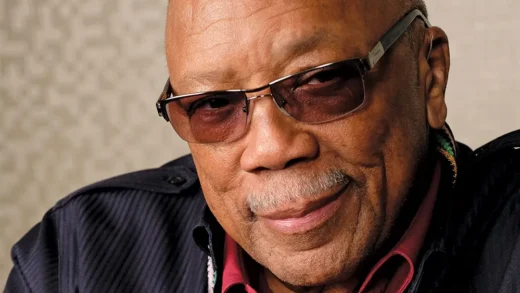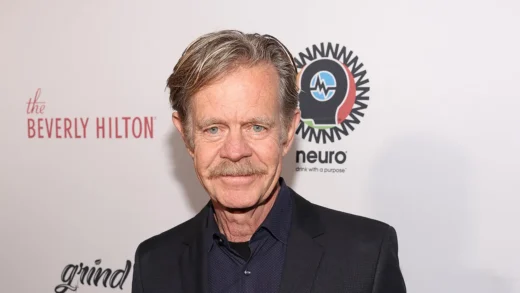Future lounges in a white office, in a cream coat, occasionally flashing his pearly white teeth.
It’s the eighth anniversary of Dirty Sprite, the 2011 mixtape that served as the foundation for an impossibly prolific run for the rapper. The tape — and everything that came with it; the drink, the drugs, the Future persona — spawned an era.
Now, Nayvadius Wilburn is declaring the end of that chapter, split between relief and haunted by what, exactly, he wrought.
“I made it seem so cool,” Future says, sadly. “I made it seem so fucking cool.”
He’s talking about lean. The drug is what lent Dirty Sprite its title (along with its blockbuster 2015 successor, DS2), and it has long functioned as both a muse and preoccupation for Future. Lean is so imbued in his music and image that, according to a recent interview with Genius, he was worried to let fans know he’d quit, for fear it would be too big a shock. Today, he can’t believe how far and wide the influence of his codeine-laced creative streak carried. Last year, he joined up with the then-teenaged Chicago rapper Juice WRLD for a mixtape called WRLD on Drugs. While working on it, Juice revealed that listening to Future’s music inspired him to try lean as a child. That cut Future deep.
“When he told me that, I was like ‘Oh shit. What the fuck have I done?’” he says. “It really bothered me. It bothered me a lot. More than that I thought it would bother me when he told me that. I didn’t think I’d care about that stuff. Four years ago, I probably wouldn’t have cared if he told me: ‘Oh, that was good you was drinking.’ Now it’s like, ‘Oh shit.’ How many other sixth-graders did I influence to drink lean?”
He continues: “I wasn’t aware of that influence, but now I’m aware of how much it influenced. It’s like, this shit really fucked me up for a minute. It’s all I could think about. Like, ‘Damn, what have I done? What have I done to other people? What I did to myself?’”
With each sentence, you can hear Future grappling with how much responsibility he should bear for lives that aren’t his. He bargains with himself in real time, measuring out the guilt he should or shouldn’t feel.
(Excerpt) Read More at: RollingStone.com





